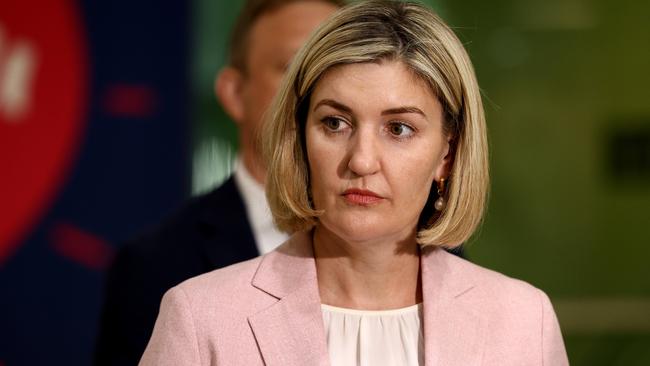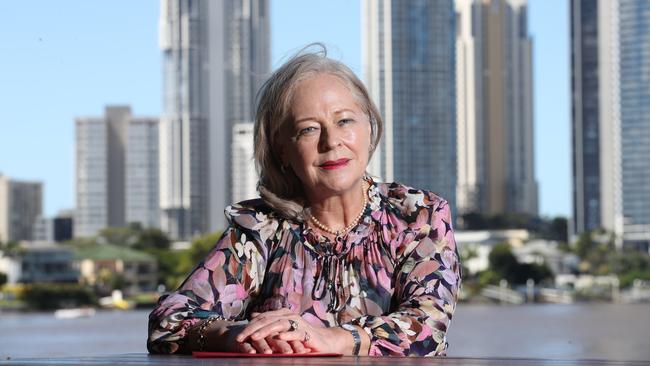Only 7% of doctors have attended mandatory rape kit training
New data reveals just 159 doctors across Queensland have attended the training, a year after the state’s Health Minister pledged it would be compulsory.

Fewer than 10 per cent of doctors working in Queensland’s public emergency departments have been taught to conduct forensic medical examinations on rape victims almost a year after Health Minister Shannon Fentiman promised training would be compulsory.
Ms Fentiman made the pledge in May last year after a landmark women’s safety inquiry found sexual assault victims had been kept waiting in EDs for almost 12 hours unable to take a shower, change clothes or brush their teeth because there were no trained staff available, or willing, to collect vital DNA evidence.
In regional parts of the state, victims – including children – have been turned away, while others have had to travel 10 hours for a forensic examination.
New data obtained by The Australian reveals just 159 doctors across the state have attended compulsory training, out of the 739 ED specialists and senior medical officers and the 1436 residents who rotate through the department.
In some regional health services, including Mackay, Sunshine Coast, Wide Bay and the Central West, fewer than five doctors have completed the training. The largest uptake has been on the Darling Downs, where 31 doctors have been taught to administer a rape kit, followed by central Queensland, where 30 have completed training, then Cairns with 19.
Ms Fentiman faced strong push back from bureaucrats in her department when she ordered all doctors be required to learn how to administer rape kits, on the recommendation of former Court of Appeal president Margaret McMurdo.
Ms McMurdo, whose mid-2022 report found there was a limited number of forensically trained staff in EDs as well as a reluctance by some to perform the exam “due to the amount of follow-up work required in terms of writing reports and giving evidence”.

Her report also noted “concern that making forensic examination a fixed requirement of emergency doctors’ employment may deter doctors from working in Queensland”.
A Queensland Health spokeswoman said 170 nurses had also been trained across the state and the department had set up a 24-hour telehealth line to walk clinicians through how to conduct an exam.
“Ongoing regular training workshops are planned for the remainder of 2024 and 2025, which will result in even more staff trained in the new forensic medical examination kits,” she said.
Ms Fentiman issued a ministerial directive in November, requiring rape victims to be seen within 10 minutes of them presenting to hospital.
The government has been aware of rape victims’ struggle to access forensic medical exams since at least 2019 when an audit found hospitals had turned women away because there was no trained staff and senior police had been raising concerns for more than a decade.








To join the conversation, please log in. Don't have an account? Register
Join the conversation, you are commenting as Logout